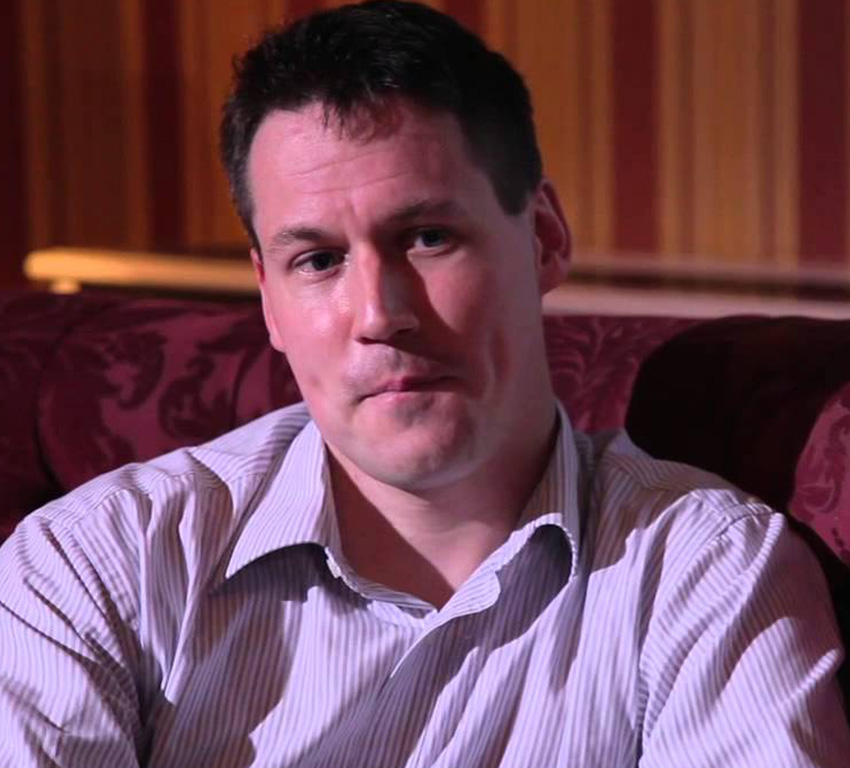“Paul Gurney is a Director at Accenture and leads Sustainability Services in Africa. He has been with Accenture for over 10 years, with the last 7 spent building the Sustainability business around the world. As part of his role, he has worked with many leading clients, across multiple industries helping them enhance business performance from improving their economic, societal and environmental impacts. One of his passions is writing and has published work on sustainability and change management. “In Africa it is a very different story”“
Can you give us a brief of Accenture’s main focus and its work with clients in Africa?
Accenture works with companies from all industries; resources, products, financial services, health and public sector and communications, media and high tech. Accenture is focused on supporting clients in three key areas; sustainability strategy Sustainability operational excellence and technology and intelligent infrastructure: Supporting clients with services such as cities planning, enterprise energy management, Green IT, Smart Grid etc.
What are the key sustainability trends and issues in Africa that emanated from 2013 CEO report?
Accenture works with the UN Global Compact to write a report every 3 years on the ‘state of the nation’ of sustainability around the world. It is the biggest survey and analysis of its kind involving 1000 CEOs from over 100 countries across all industries. Within Africa, we have also published a separate report focusing on the views of African CEOs. It is very interesting to see the sustainability views of CEOs from Africa as there are a number of key trends we see that are unique to the continent. The report from Africa presents a slightly different picture from what we see elsewhere. Back in 2010, at the time of our last study, our interviews with Global Compact CEOs demonstrated how companies were quite bullish in their ambitions to respond to sustainability pressures, and how leaders and innovators were trying to drive business advantage through sustainability. In Africa it is a very different story. It is the only region in the world where the trend was the other way round. Overall, 96% of responding CEOs from Africa saw sustainability as very important or important. In 2010, 60% of African business leaders believed sustainability to be ‘very important’ to their future success; in 2013, in the context of rising social and environmental challenges, and growing concerns over effective governance, this figure rises to 68%.
For African businesses to succeed there is a greater need to be engaged with the communities in which they operate and be fully aware of stakeholder issues. In the absence of some of the government structures and services enjoyed in developed countries, it is companies that are often stepping in to provide infrastructure and social services. They are faced with some of the greatest challenges in the areas of sustainability compared to other businesses around the world.
For African businesses to succeed there is a greater need to be engaged with the communities in which they operate and be fully aware of stakeholder issues. In the absence of some of the government structures and services enjoyed in developed countries, it is companies that are often stepping in to provide infrastructure and social services. They are faced with some of the greatest challenges in the areas of sustainability compared to other businesses around the world.
How have you been promoting best practice, and in a way promoting sustainability leadership?
As Accenture we have been working with the world’s leading companies to understand what it is that makes them successful as business and sustainability leaders. We have published a huge amount of research focused on how leaders are developing strategies, organizing their businesses and delivering value from their strategies on sustainability. We bring these leading practices to all of our clients and continually seek to develop innovative ideas that help companies enhance their business and stakeholder performance.
What are the Opportunities for African CEOs in addressing sustainability?
There is an enormous opportunity for businesses operating in Africa. Africa is on a remarkable growth trajectory, with many analysts predicting economic growth to remain above 5 per cent for the foreseeable future. The opportunity for sustainability is great, largely due to the huge size of the challenges faced across the continent. With Africa following behind other regions in terms of development, it has the opportunity to learn from other areas and bypass some of the mistakes that have been made elsewhere. If African companies are able to effectively deliver products and services that respond to some of the social, economic and environmental challenges, we have no doubt that they will enjoy sustained growth and be key contributors to the future success of the continent.
Courtesy: Africa Business
Courtesy: Africa Business




